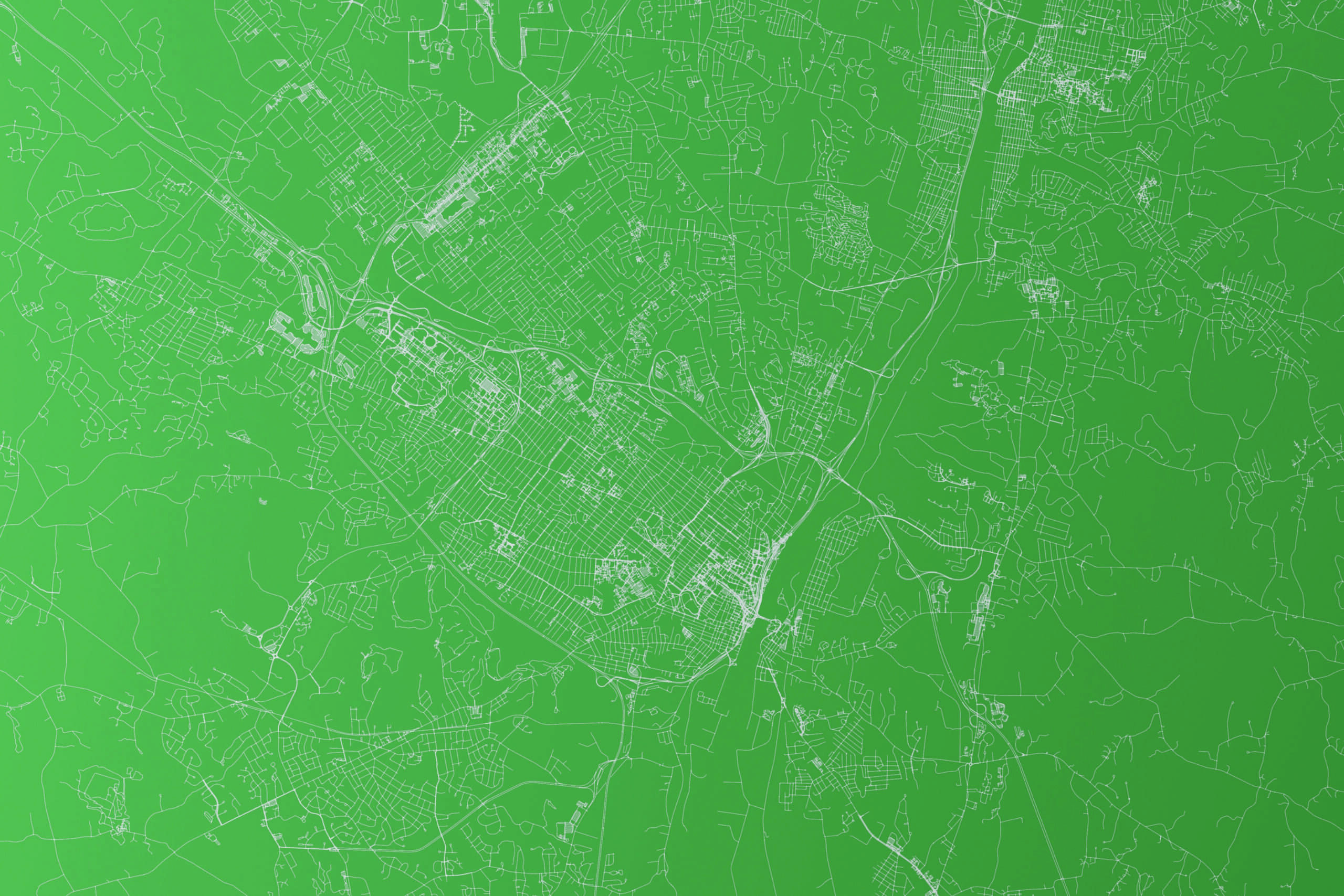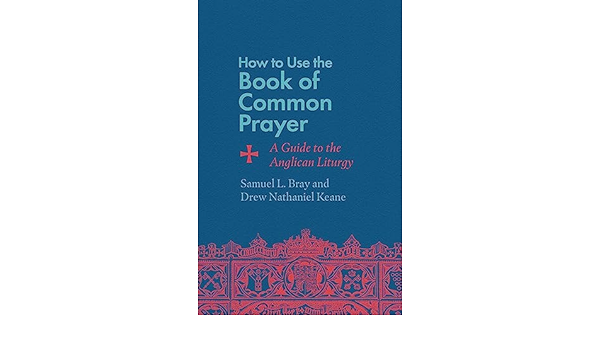When my children want to tease me about my love for literature, this is what they say: “Mom, you only want us to read beautiful books.”
And this is what they mean: “Mom, you want us to get lost in rich prose rather than graphic novels.”
I can’t deny that, on the whole, they’re right. I also can’t deny that I often choose lighter fare over a heavier tome. When I mentioned this conversation to my own mom a few weeks ago, we laughed together about the fact that I read every The Baby-Sitters Club book from cover to cover in the ’90s, including The Complete Guide to the Baby-Sitters Club that detailed every fact about the series that one could possibly hope to learn. I was also reading what my kids now call “beautiful books” — Island of the Blue Dolphins, for example, or Caddie Woodlawn.
Looking back, I see that I was choosing books that fed different parts of my imagination. Sometimes, I wanted to be a suburban teenager navigating friendship troubles at Sweet Valley High. Other days, I wanted to be Jo March huddled over a desk in her bedroom, penning words that felt precious.
This truth — that I have long been a reader who vacillates between the popular and the poignant — helps me to find my boys’ teasing endearing. It helps me to remember to go easy on my kids when they opt for Dog Man. It also helps me explore new titles in a nonfiction space with an open heart, asking what each book might offer my imagination, my spiritual growth, or my view of the world.
Recently, with Carey Wallace’s The Discipline of Inspiration, I pondered how creativity intersects with the divine. Emily Hunter McGowin’s Households of Faith ignites my motivation for spiritual practices at home. May Young’s Walking with God Through the Valley urges me to embrace lament rather than avoid it.
Each of these titles encourages readers to ask what wholeness really means — but the weight of that inquiry doesn’t mean these books must sit heavy on our souls. Instead, they invite us to engage with the richest dynamics of life — our relationship to God, to ourselves, to others — with childlike faith, trusting that God will work through words read to bring about goodness in our lives.
And in this dreary season, as always, when we need to spend time with a thoughtful chapter, we can set the book aside for a delightful dive into a cozy mystery. And that’s okay, too.
3 Books for Your Midwinter Reading List

The Mysterious Encounter with God at the Heart of Creativity
by Carey Wallace
(Eerdmans)
Out January 2, 2025
Carey Wallace, an author, songwriter, and artist, thinks we “mistreat the word inspiration almost as much as the word love.” Athletes thank their families for inspiring them to kick a ball, she notes, and technology brands sell software with the promise of inspiration.
Inspiration is one of those words that, the more it’s used, the less it seems to mean.
Throughout her book, Wallace probes at a definition of inspiration — not for the sake of determining who is and who is not able to access it, but for the sake of dignifying its sacred power. Wallace explores the traits of inspiration, from the way it seems to seek entry into the world to the wide variety of people, places, and things claimed as its source. Deftly exploring topics that pertain to inspiration — from theology to entertainment to artistic talent — Wallace ponders artists, songs, films, and more in her quest to understand and describe the experience of inspiration. Both poetically and practically, she offers her readers opportunities to cultivate inspiration in their own lives, so that they can do and enjoy all that God has established for them to do.
Households of Faith:
Practicing Family in the Kingdom of God
by Emily Hunter McGowin
(IVP)
Out January 28, 2025
If you want to make me feel insecure, tell me I’m not a good mom. With many other things in my life, I can brush off the suggestion that I’m not the best at something. But between cultural messaging about motherhood and the often-legalistic Christian language about being a godly mother, there’s a tender spot in me — and in most moms I know — that questions if I will ever feel truly confident that I’ve earned the “good mom” badge.
Perhaps this is why I love the first sentence of theologian and professor Emily Hunter McGowin’s Households of Faith so much: “I don’t have family figured out.”
McGowin explains that she does not have “The Answer.” Instead, she has the hope of a new paradigm. She examines the family blueprints presented to Christian parents, and she sheds light on the often well-meaning narratives that tell believers what it means to be a family, as well as the damage they can cause when misaligned with God’s loving design for family flourishing. With a gentle tone, a robust framework, and a hopeful spirit, McGowin walks readers through biblical, historical, and cultural definitions of family, helping them peel back the layers. She provides tangible opportunities to follow Jesus’ footsteps in our homes — not providing a recipe for a perfect family, but a vision for kingdom living.
Walking with God Through the Valley:
Recovering the Purpose of Biblical Lament
by May Young
(IVP Academic)
Out January 7, 2025
May Young did not begin her biblical scholarship with an interest in lament. At the time, she was a young wife to a church planter and a mother to two small children. Then, she learned that her husband had been unfaithful to her. Suddenly lament was a practice Young needed — one that she describes as sustaining her soul through trying times.
In Walking with God Through the Valley, Young explores lament through personal, theological, and cultural lenses. Her approach to biblical passages is at once deft and thoughtful, revealing truths about the sacred practice of lament that are often overlooked. She describes the genre of lament in Scripture, the history of lament, and the purpose of lament before offering six chapters of practicing lament — each one tethered to a specific situation, such as repentance, unfair circumstances, or death.
Lest you fear that this is a book that will drop you deeply into sadness, consider that lament — and Young’s exploration of it — exists not to bury one in their pain but to guide them to the comfort of God. Young’s words acknowledge what we all feel at times yet struggle to express, honoring both the deep griefs of life and the hope that sustains us through them.







